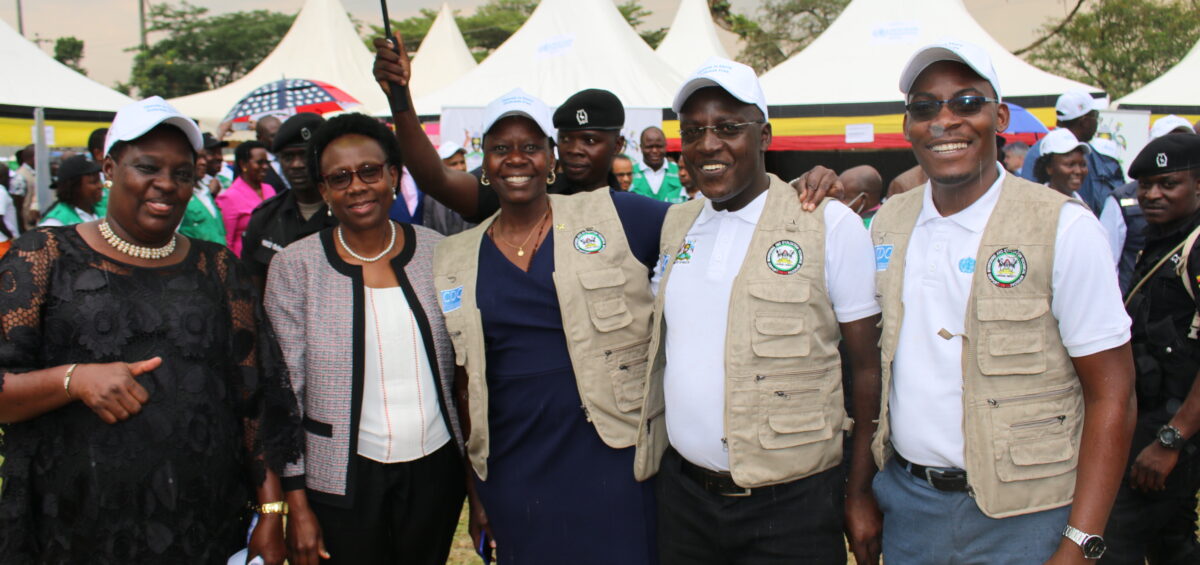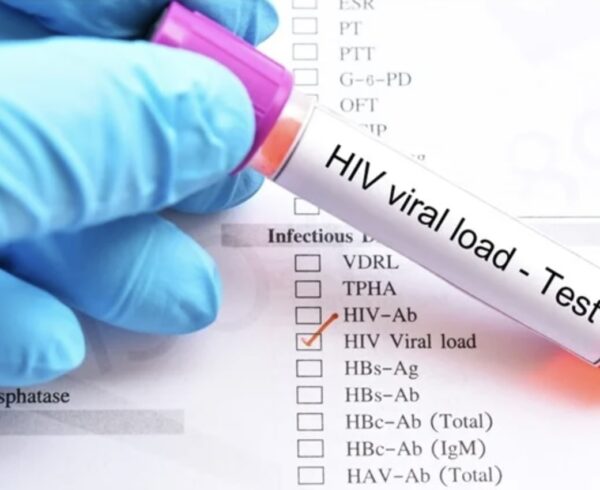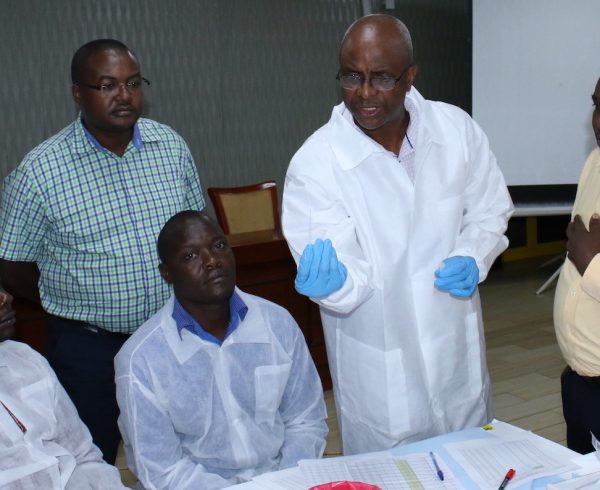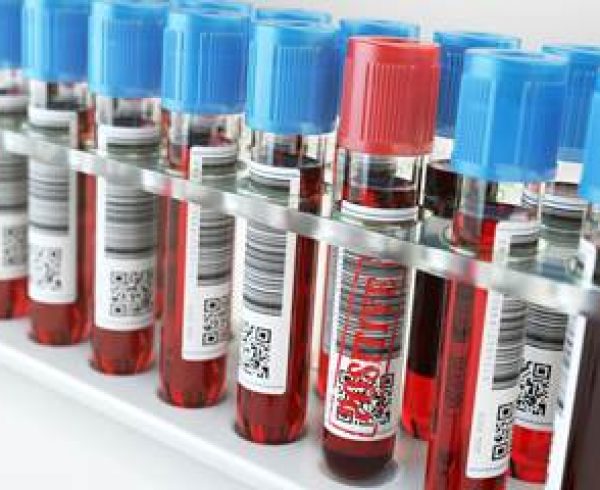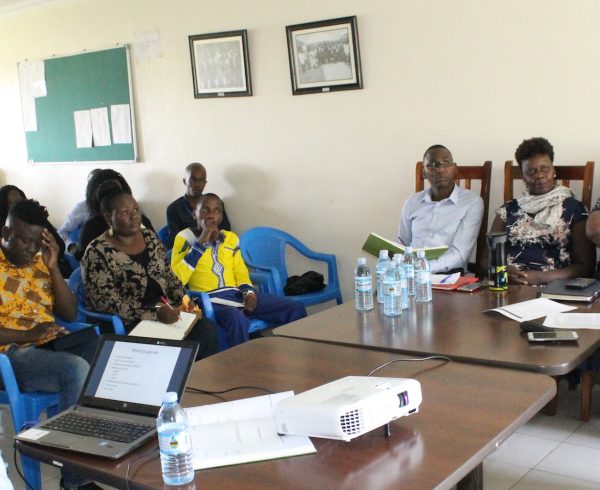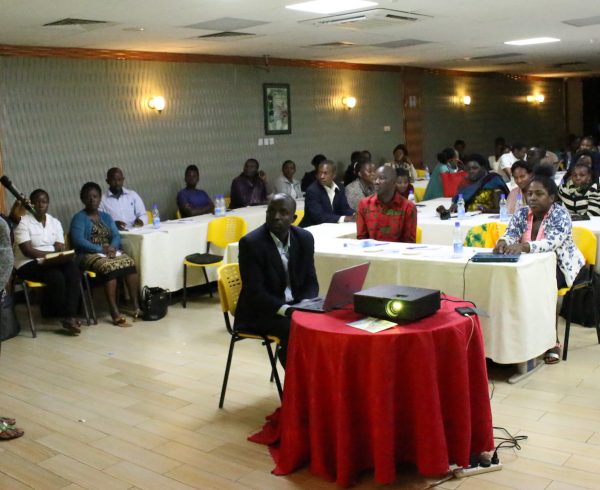January 11, 2023, marked the end of the Sudan Ebola Virus Disease outbreak in Uganda
The Ministry of Health organized a special event to declare the country free of the deadly disease. This event was celebrated in Mubende District where the first case of the deadly virus was reported on 20th September 2022. The first victim was a 24-year-old male from Ngabano village in Madudu Sub-County in who later passed. By the end of the outbreak, a total 142 cases had been confirmed with 22 probable cases and 55 deaths recorded.
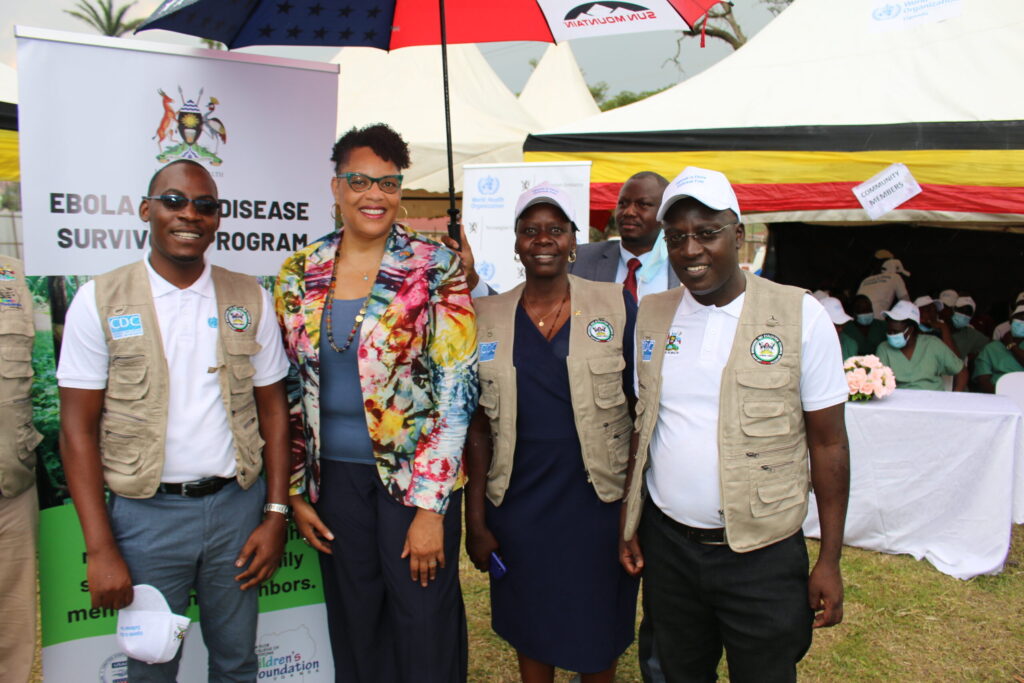
The celebration was held 42 days after the last confirmed case, and this corresponds to the two Ebola incubation periods needed to declare a country Ebola free as per WHO recommendations. Ministry of Health invited all implementing partners that had contributed to the 10-week battle to eradicate the deadly virus. METS was one of the implementing Partners that were invited to the declaration meeting. METS support for the outbreak response included installation of ICT equipment to ease communication and surveillance across facilities, towns and affected districts; capacity building for data collection and management; contact tracing in two sub counties; as well as capacity building for Infection, Prevention, and Control (IPC) practices in the facilities and communities.
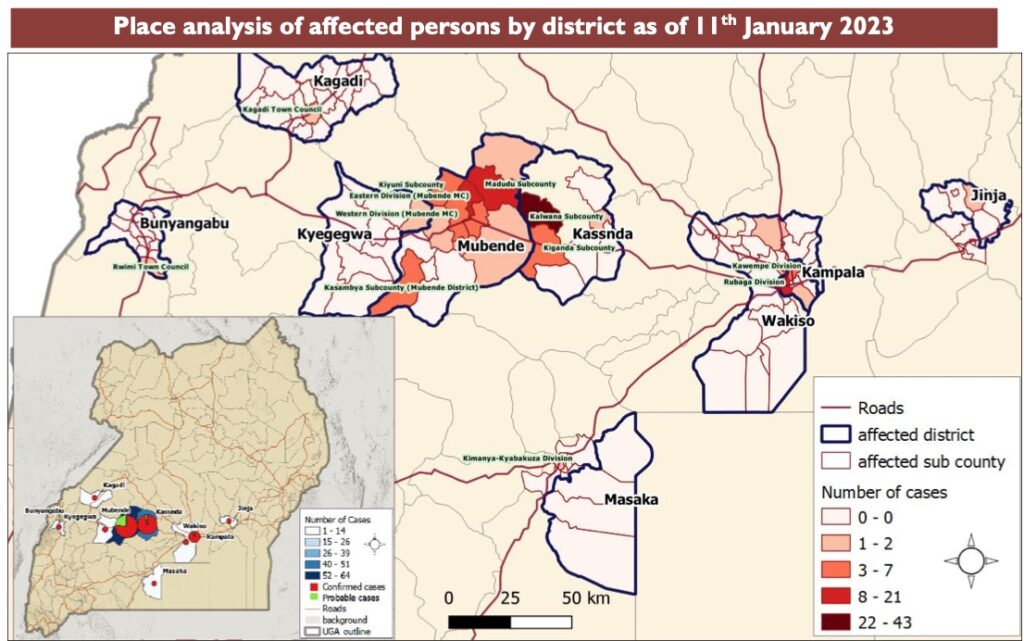
Outbreak statistics
Mubende district was the most affected with 64 confirmed cases and 29 deaths, followed by Kassanda with 49 cases and 21 deaths, Kampala had 18 cases and 2 deaths, Kyegegwa 4 infected and 1 death, Wakiso and Bunyangabu both reported no deaths and reported 3 and 1 cases respectively, Kagadi and Masaka reported 1 case each, both died and Jinja had 2 cases and 1 death. Research is being conducted to establish the cause and origin of the virus. Drivers of infection were majorly household infections, and exposure to infected blood. There was a reported super spreader event, a burial of an infected person.
The Government of Uganda implemented some interventions to support the treatment units across the affected district. These included;
- Set up mobile testing areas which returned results within 6 hours of testing
- Constructed over 300 bed units in Mubende, Entebbe, Kassanda and equipped them with drugs
- Trained over 2000 staff to manage the disease
- Enhanced surveillance and contact tracing on 21 days
- Carried out Ebola virus disease mortality testing to ensure chains of transmission were tracked
- Organized public addresses by Ministry officials, dispersed social media messages carried out door to door and community awareness campaigns. The President of the Republic of Uganda delivered a public address and announced a lockdown and put in place restriction of movement in and out of Mubende and Kassanda to curb spread of the virus.
- Quarantined contacts to avoid spread to other districts especially in Kampala and in resistant communities of Mubende.
Next steps by MoH include continued support to survivors to help them reintegrate in the communities as well as responding to all suspected cases reported on MoH toll free numbers. The remaining funds will be used in research on vaccines and therapeutic diagnostics and more support will be put on infection prevention and control activities in private and public health facilities. Additionally, support will be given to strengthening of laboratories and introduction of mobile field vans to declutter the HIV Clinics in Mubende that had been converted into Ebola treatment units.
Previous outbreaks of the Ebola virus include
Ebola Zaire in 2018 in Kasese district with 4 deaths reported.
In 2012, two Sudan Ebola outbreaks occurred in Kibaale district in July (11 cases and 4 deaths) and November (6 cases and 3 deaths) in Luwero District.
2007 witnessed an outbreak in Bundibugyo district where 131 cases were reported and 42 reported dead.
The largest outbreak ever registered in Uganda happened in 2000 in Gulu district; with 425 cases and 224 deaths registered and lasted 6 months.

